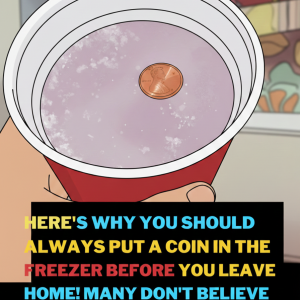Diabetes isn’t just an adult condition—more young people are being diagnosed, often without realizing it. Early signs can be subtle and mistaken for stress or fatigue. Here are 9 symptoms to watch for:
-
Constant thirst and dry mouth – High blood sugar pulls fluids from your tissues, leaving you dehydrated.
-
Frequent urination – Your body tries to flush out excess glucose, especially at night.
-
Unexplained fatigue – Constant tiredness despite rest may mean your cells aren’t getting enough energy.
-
Sudden weight changes – Losing or gaining weight without changing diet or activity can signal glucose issues.
-
Blurred vision – High blood sugar can temporarily affect your eyesight.
-
Slow-healing wounds or infections – Cuts, acne, gum issues, or UTIs may indicate your immune system is struggling.
-
Tingling or numbness in hands and feet – Early nerve damage (neuropathy) can occur even in young adults.
-
Increased hunger – Your body may feel starving even after meals if glucose isn’t entering cells.
-
Mood swings or difficulty concentrating – Blood sugar fluctuations can impact mood, focus, and energy.
Final thought: Don’t assume you’re “too young” for diabetes. Stress, poor diet, and sedentary lifestyles put many in their 20s and 30s at risk. Spotting symptoms early and testing blood sugar can prevent complications and help maintain a healthy, balanced life.





